The committee's program (now online, see link below) features 40 speakers and more than 80 presentations. This is the second year I've enjoyed working with the out-of-the-box creative co-chair Paula Hinkel.
Los Angeles-area readers should know that there is a special Jewish research track on Sunday - so I'd like to encourage you to attend. There are other special tracks for DNA, technology, German and Eastern European research.
A first-ever event will be the Genealogy Blogger Summit, with the participation of Steve Danko, Dick Eastman, Leland Meitzler, George Morgan, Randy Seaver, Megan Smolenyak Smolenyak ... and me! Leland will be the moderator.
The genealogy blogging and podcast community has been keeping savvy readers up to date on all the news affecting genealogists and family historians. How do they get the information? How is it disseminated? How have bloggers changed the flow of information between vendors and their customers? How can family history blogs help exchange information and locate cousins? Come hear this exceptional group of information leaders.
The DNA track includes Bennett Greenspan of Family Tree DNA, Steve Morse and Morgan Smolyanek Smolyanek.
Greenspan's "The Evolution of the Revolution:" Since its inception in 2000, DNA testing for genealogists has emerged from a fad to “I’m glad.” The lecture will provide a short historical glimpse of genealogical DNA at its inception and turn to the problems of today: ancestral digs, anthropology, and adoption.
Steve Morse's "From DNA to Genetic Genealogy: Everything You Wanted to Know but Were Afraid to Ask:" Learn how DNA can be used for finding relatives you didn't know you had, learn about your very distant ancestors and the route they traveled. Determine if you are a Jewish high priest (Kohen).
Megan Smolenyak Smolenyak's programs: "Beyond Y-DNA: Your Genetic Genealogy Options," covering more than Y-DNA Surname studies, such as mtDNA, SNP, BioGeographical and ethnic tests, the Sorenson Molecular Genealogy Foundation and the National Geographic Genographic Project; and "Trace Your Roots with DNA" focuses on launching and managing a DNA project, test and vendor selection factors, privacy and convincing others to participate.
Sunday offers several programs of interest to Jewish researchers.
Peter Landé's "Holocaust Records as a Source for All Genealogists," focuses on the massive Bad Arolsen Holocaust archive in Germany with information on more than 17 million Holocaust victims. Some two-thirds of the 50 million records relate to non-Jews.
JGSLA program chair Pamela Weisberger's "When Leopold Met Lena: Marriage, Divorce and Deception in 1892 New York" is an example of how the most quirky, fascinating family scandals and stories are discovered and brought to life using court records, graveyard inscriptions, newspaper articles, city directories, census and vital records.
A fascinating new topic by San Diego's Stephanie Weiner is "A Plague on All Our Houses," covering the effects of epidemics and pandemics on archival records, death records, Jewish migration and Jewish communities. European and American events will be discussed from as early as 1348, when Jews were blamed for plagues and entire communities burned, to the 1918 Spanish influenza pandemic, when Philadelphia’s dead lay in gutters, death carts roamed the streets and steam shovels dug mass graves. These events will help researchers understand why some families and individuals simply vanished from history.
By request, I'm repeating last year's breakfast session on "Creating Hope" for the entire conference. This focuses on how writing about genealogical success gives hope to readers and searchers around the world.
The tech corner will provide access to major subscription databases and software tryouts, and the vendor room will be jammed with the "names" of genealogy. Evening programs feature Megan Smolyanek Smolyanek (on the search for Annie Moore) and Dick Eastman (family health histories), while breakfasts feature "Effective Society Management" sessions.
SCGS has also been creative about registration fees. While daily registration for non-members is $40-45 each day, the full three-day registration is only $80 until May 1 ($90 after). There are fee-added events such as breakfasts, banquet and dinner. The printed syllabus is accompanied by a free CD version.
Download the program and registration brochure here.

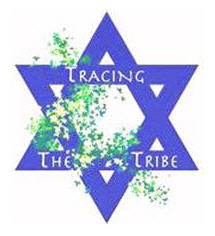



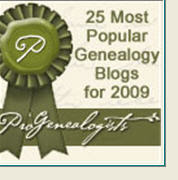
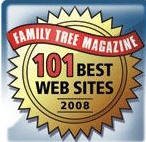









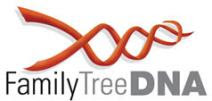






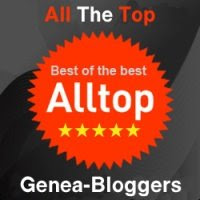





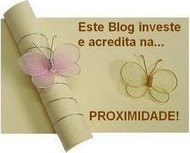







No comments:
Post a Comment